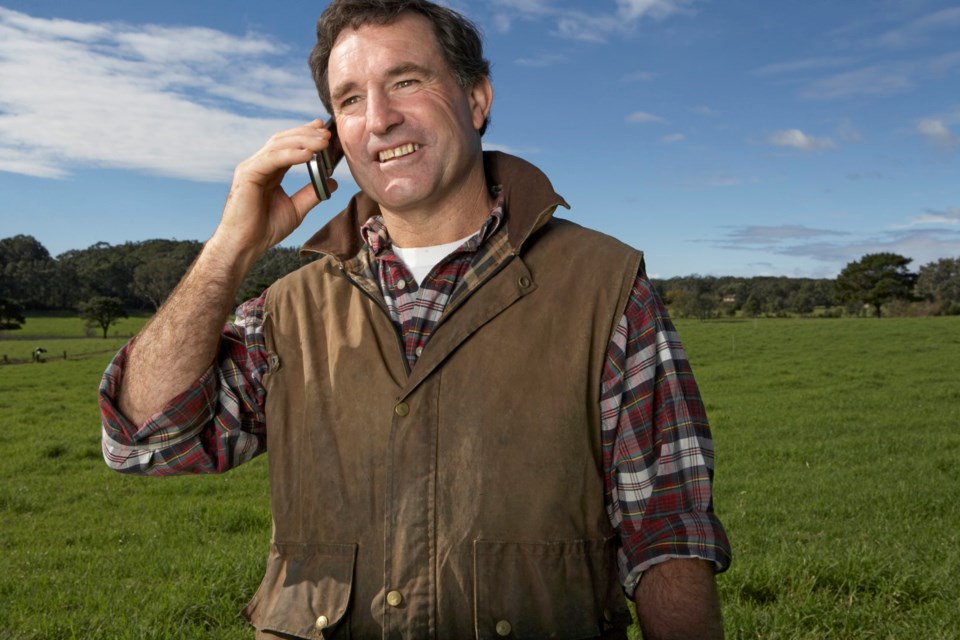You might not think politicians ever feel lonely, left out of the conversation or ignored.
But for many of our elected representatives, that’s the reality. Unless they’re the reeve, a cabinet minister, the premier or the prime minister, they often find themselves without their hands on the levers of supreme power and also wondering what the people they represent really want.
Oddly enough, as I’ve discovered from a few recent conversations with friends, contacts and colleagues who have held or now hold various forms of elected office, sometimes the phone stops ringing once you get elected.
You may have been a community leader and Worthy Person before you were elected, with hundreds of local contacts, friends and associates with whom you were deeply immersed in local issues. But once you’ve been “raised” to the next level, people appear to assume you’re too busy to care about little local issues.
Or perhaps people think they should go to the person in charge — to the reeve, the cabinet minister, the premier or prime minister — for the bigger issues.
Either way, that’s a mistake. Many issues can be helped by bringing in local representatives. They often have more influence than you think. Most — and don’t laugh at me here — went into politics because they want to help and to make things better.
Really, most do.
If you’re feeling cynical now, imagine yourself as a typical politician who has risen due to lots of community involvement and getting things done. Maybe a handful see elected office as some sort of retirement gig, but most are chasing their desire to get more and bigger stuff done.
It must be frustrating to get elected, not get into cabinet and then mostly be expected to show up for votes and do what the party whip says.
For them, committee work and constituency work offer lots of room to do things in a quieter way than is seen on the nightly news. That kind of work develops and refines legislation that ends up being proclaimed.
Such efforts can help local citizens get access to and use the government programs that can seem byzantine to the average citizen.
Hearing local concerns and challenges helps councillors, MLAs and MPs get a sense of what subjects to raise in council and caucus meetings. Most of them enjoy raising issues and being able to speak importantly. Why not help them do that?
You need to let them know what those issues are. And they might be more willing to hear than you’d expect.
Recently the managers of Manitoba’s most influential farmer organizations — Keystone Agricultural Producers, Manitoba Pork Council and Manitoba Beef Producers — stressed the point when speaking with the Manitoba Farm Writers and Broadcasters Association.
(I helped organize an event to identify the issues farmers, farm media and farm organizations should raise in the run-up to the Manitoba provincial election.)
All three — Brenna Mahoney, Cam Dahl and Carson Cullers —said farmers and others should talk with candidates, elected representatives and anybody involved with any level of government to raise awareness of their issues.
Once elections are called, there’s a lot of noise that can drown out issues that aren’t among the handful that come to “matter.” The best time to let your local candidates know what you care about is before an election is called.
Of course, it’s good to raise issues during a campaign. But it’s probably even better to keep raising local concerns once the election is past, the victories are savoured and the wounds licked, when most of the elected find the phone has suddenly stopped ringing.
If you don’t think most of them want to help, why not see if you’re right? Pick up the phone and call your local representative the next time an important-to-you issue comes up.
You might be surprised by the response.

